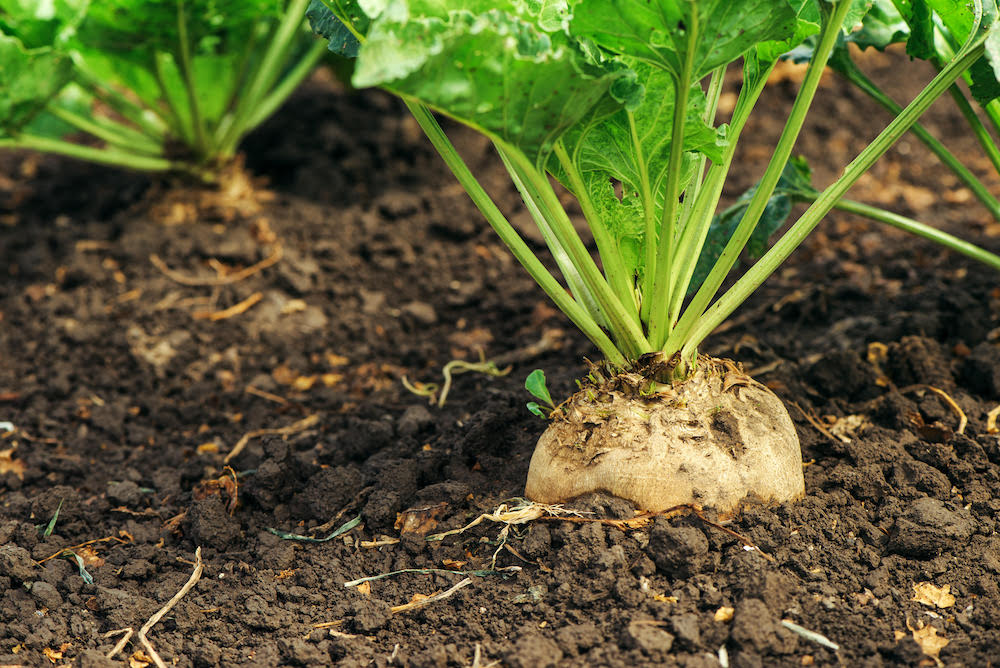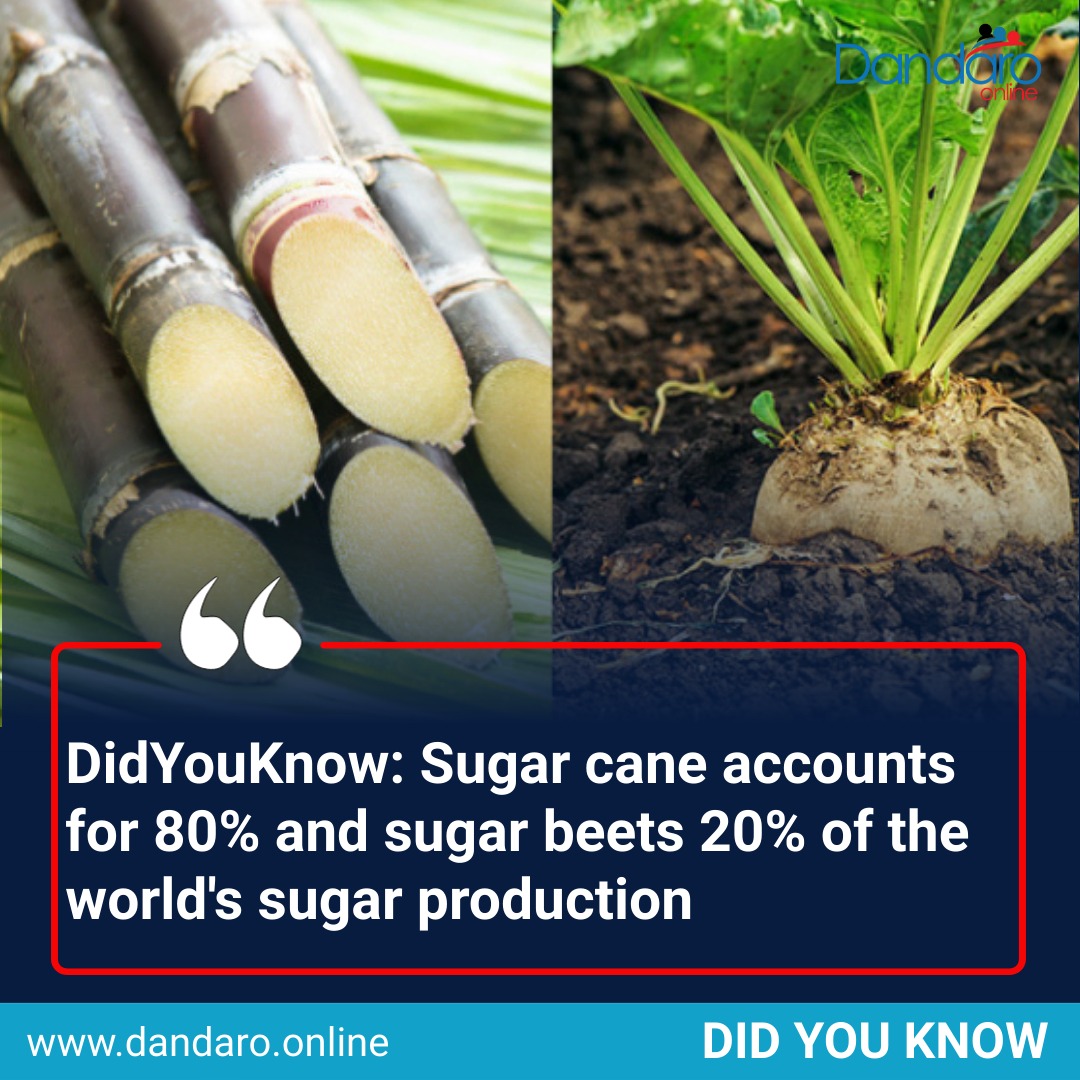Beet Sugar vs Cane: Exploring the Environmental and Economic Benefits
Beet Sugar vs Cane: Exploring the Environmental and Economic Benefits
Blog Article
The Fantastic Debate: Beet Sugar Vs Walking Cane and Their Influence On Health And Wellness
The ongoing debate bordering beet sugar and walking stick sugar elevates important questions concerning their particular wellness impacts and wider implications for customer choices. This conversation welcomes us to think about not simply the sweet taste we pick, however the far-ranging effects of those choices on our health and the world.
Review of Sugar Sources
Sugar, an extensively taken in sweetener, largely stems from two main resources: sugar beetroots and sugar cane. These crops are cultivated in different regions around the world, each adding to the worldwide sugar supply in distinctive ways. Sugar walking cane thrives in tropical and subtropical environments, with major manufacturers including Brazil, India, and China. The plant is harvested for its stalks, which are then processed to draw out juice and crystallize sugar.
Alternatively, sugar beetroots are mostly grown in pleasant areas, with considerable production in countries such as the United States, France, and Germany. The beets are harvested from the ground, cut, and based on a process that converts the removed juice right into granulated sugar. While both sugar resources eventually yield sucrose, their farming methods, refining techniques, and geographic distributions vary significantly.
These distinctions can affect not only the ecological impact of sugar manufacturing however additionally the financial aspects of sugar rates and trade. Recognizing the origins of these sweeteners is essential for policymakers and consumers alike, as it lays the structure for notified conversations regarding their health and wellness implications and sustainability.
Nutritional Contrast
When analyzing the dietary accounts of beetroot sugar and walking stick sugar, both resources share a similar make-up as they primarily include sucrose. Sucrose is a disaccharide, composed of sugar and fructose, and is in charge of the sweetness linked with both sugars. The refining processes for both beetroot and walking cane sugar yield products that are mostly pure sucrose, with minimal traces of vitamins, minerals, or various other nutrients.
In terms of calorie content, both beetroot and cane sugars supply roughly 4 calories per gram. Neither kind of sugar provides significant dietary benefits past energy stipulation, as they lack necessary vitamins or minerals. The existence of trace components, such as magnesium, calcium, and potassium, can differ a little between the 2, mostly due to the farming techniques and dirt problems in which they are expanded.
Additionally, the glycemic index worths of beetroot sugar and walking cane sugar are equivalent, suggesting comparable impacts on blood sugar degrees. On the whole, from a dietary standpoint, beet and walking cane sugars are functionally equal, adding mostly to caloric intake without supplying significant health advantages over each other.
Wellness Effects
The health and wellness effects of consuming beetroot sugar and walking stick sugar warrant cautious consideration, especially offered the climbing frequency of sugar-related health and wellness issues. Both types of sugar contribute similar caloric worths and can bring about boosted dangers of excessive weight, type 2 diabetes mellitus, and heart diseases when eaten over. The body sugars both metabolizes right into glucose, which can create spikes in blood glucose levels, leading to insulin resistance gradually.
While there is continuous debate relating to the glycemic index of these sugars, studies suggest that both can negatively impact metabolic health and wellness if eaten in big quantities. beet sugar vs cane. In addition, the potential visibility of impurities in beet sugar, such as chemicals from traditional farming practices, elevates more health and wellness concerns. Alternatively, cane sugar, specifically when minimally refined, might use a slightly a lot more beneficial profile click for info because of its all-natural state
Moreover, the intake of sugarcoated, no matter of the resource, is connected to adverse health and wellness end results, including oral issues and fatty liver disease. Moderation is important, and people ought to be mindful of their overall sugar consumption from all resources, inevitably focusing on entire foods over added sugars for optimal health and wellness results.
Environmental Influence
Understanding the health ramifications of beetroot and walking stick sugar likewise results in an exam of their ecological impact, which can considerably influence farming sustainability and ecological balance. Both sugar sources have unique environmental footprints, shaped by their growing methods and geographical needs.

On the other hand, beetroot sugar is normally expanded in pleasant climates and frequently involves diverse crop rotations. This method can improve soil health and wellness and reduce reliance on chemical inputs. However, intensive beet farming can also lead to vitamins and mineral exhaustion and bug stress otherwise handled sustainably.
Both sugar types present difficulties and possibilities for ecological stewardship. Advertising sustainable agricultural practices and responsible sourcing can alleviate their effects, making sure that sugar production aligns with ecological conservation and lasting food safety and security.
Consumer Preferences
Amid expanding understanding of health and environmental concerns, customer choices for sugar types are increasingly affected by understandings of wellness benefits, sustainability, and moral sourcing. Beetroot sugar and cane sugar each existing special qualities that attract various consumer demographics.
Health-conscious customers commonly inspect the dietary profiles of these sugars, seeking options perceived as much less processed or even more natural. Walking cane sugar, frequently considered the traditional sugar, is in some cases favored for its regarded pureness and simplicity. In comparison, beet sugar, which is often originated from genetically changed crops, encounters apprehension among those worried about GMOs.
Sustainability is one more considerable factor influencing customer choices. As understanding of farming techniques expands, many customers select products that align with eco-friendly farming techniques. Walking cane sugar production, specifically when sourced from sustainable farms, can interest eco-conscious buyers.
Honest sourcing plays an essential role also, with image source customers increasingly favoring items that sustain reasonable labor methods. Qualifications such as Fair Profession can enhance the appearance of cane sugar out there. Inevitably, consumer preferences are formed by an intricate interaction of health, environmental, and moral factors to consider, driving demand for both beetroot and walking cane sugars in diverse markets.
Verdict
Finally, the debate in between beet sugar and walking stick sugar encompasses numerous variables, consisting of nutritional accounts, health and wellness implications, and environmental effects. beet sugar vs cane. While both sugars mainly contain Recommended Reading sucrose and show similar calorie material, problems relating to pesticide usage in beetroot sugar and the ecological impact of walking stick sugar monoculture warrant careful consideration. As customers increasingly prioritize sustainability and health and wellness, educated choices relating to sugar intake become crucial in promoting general health and ecological stewardship

Report this page